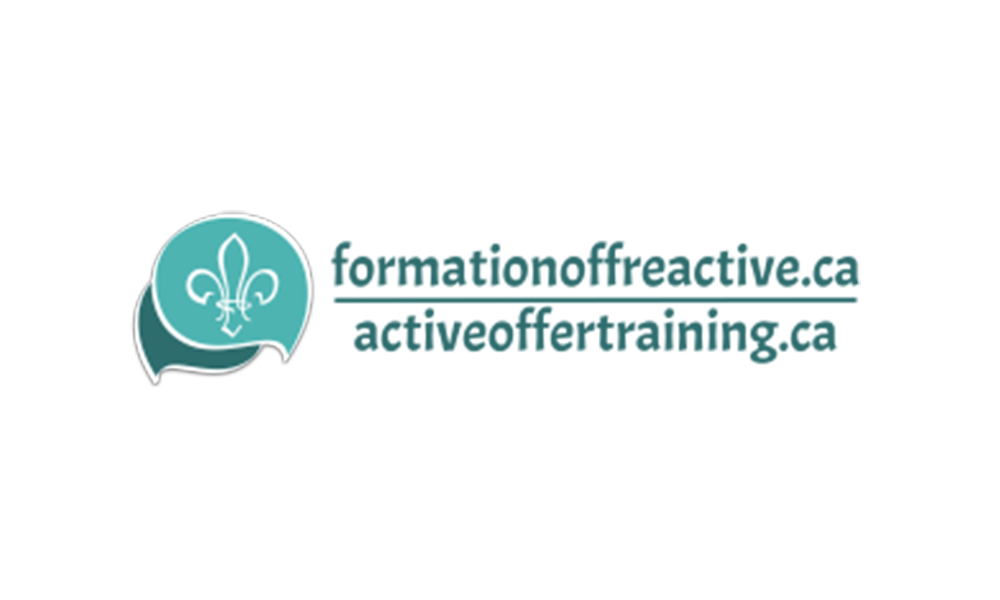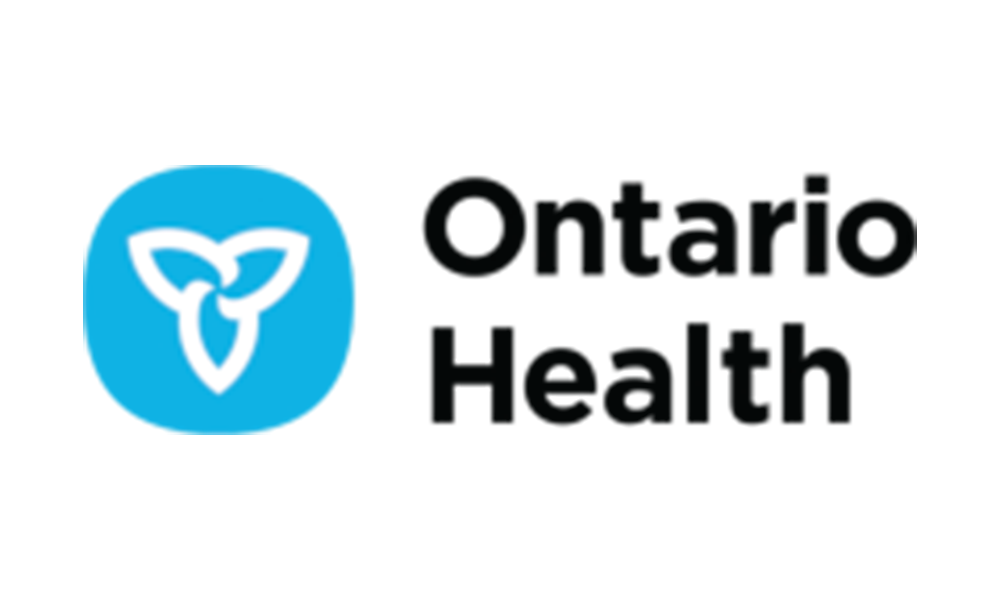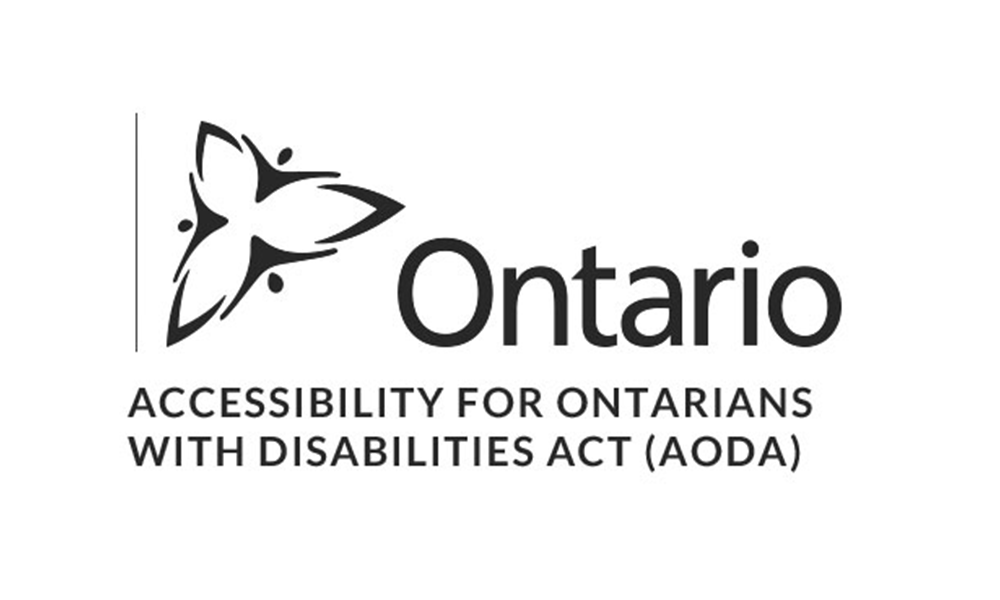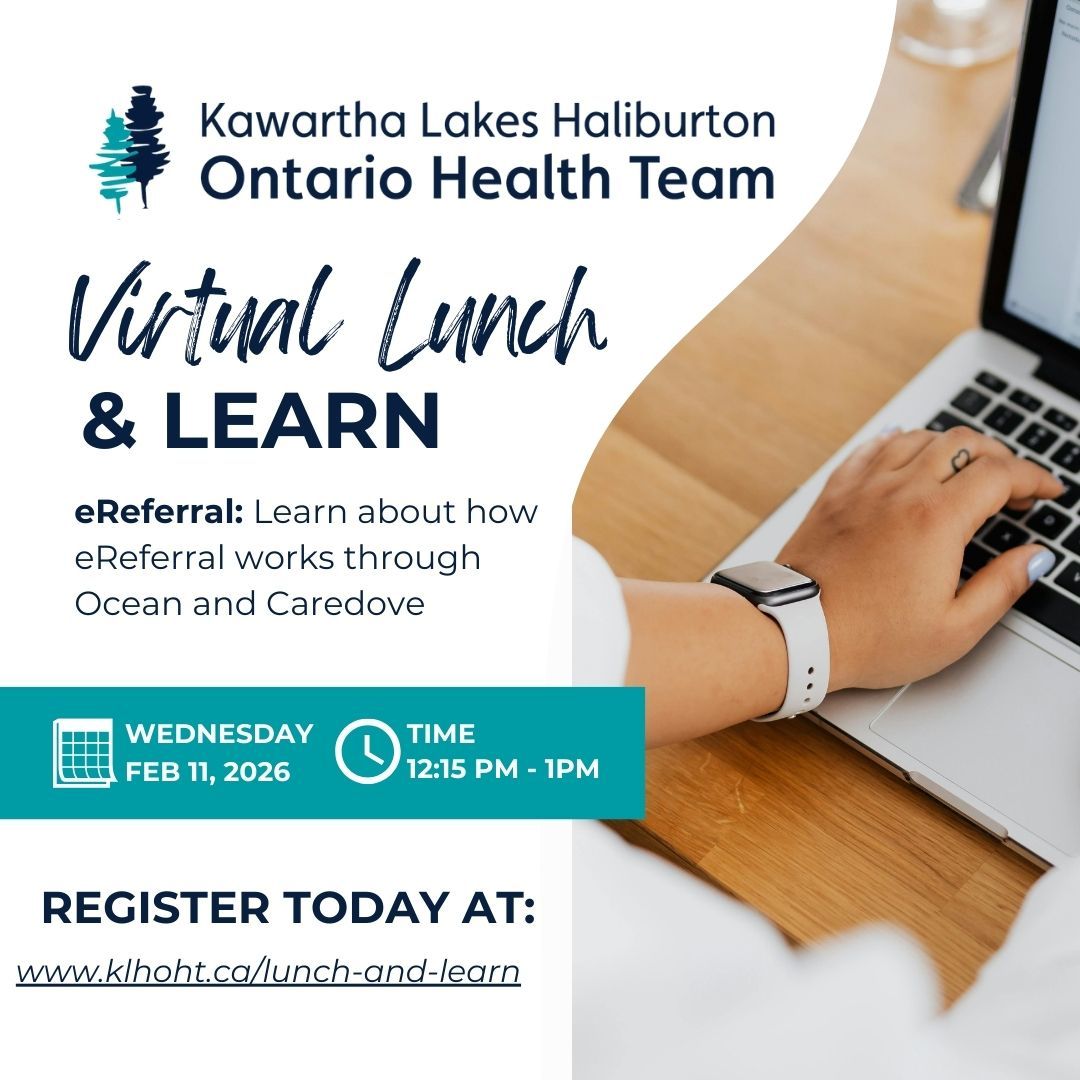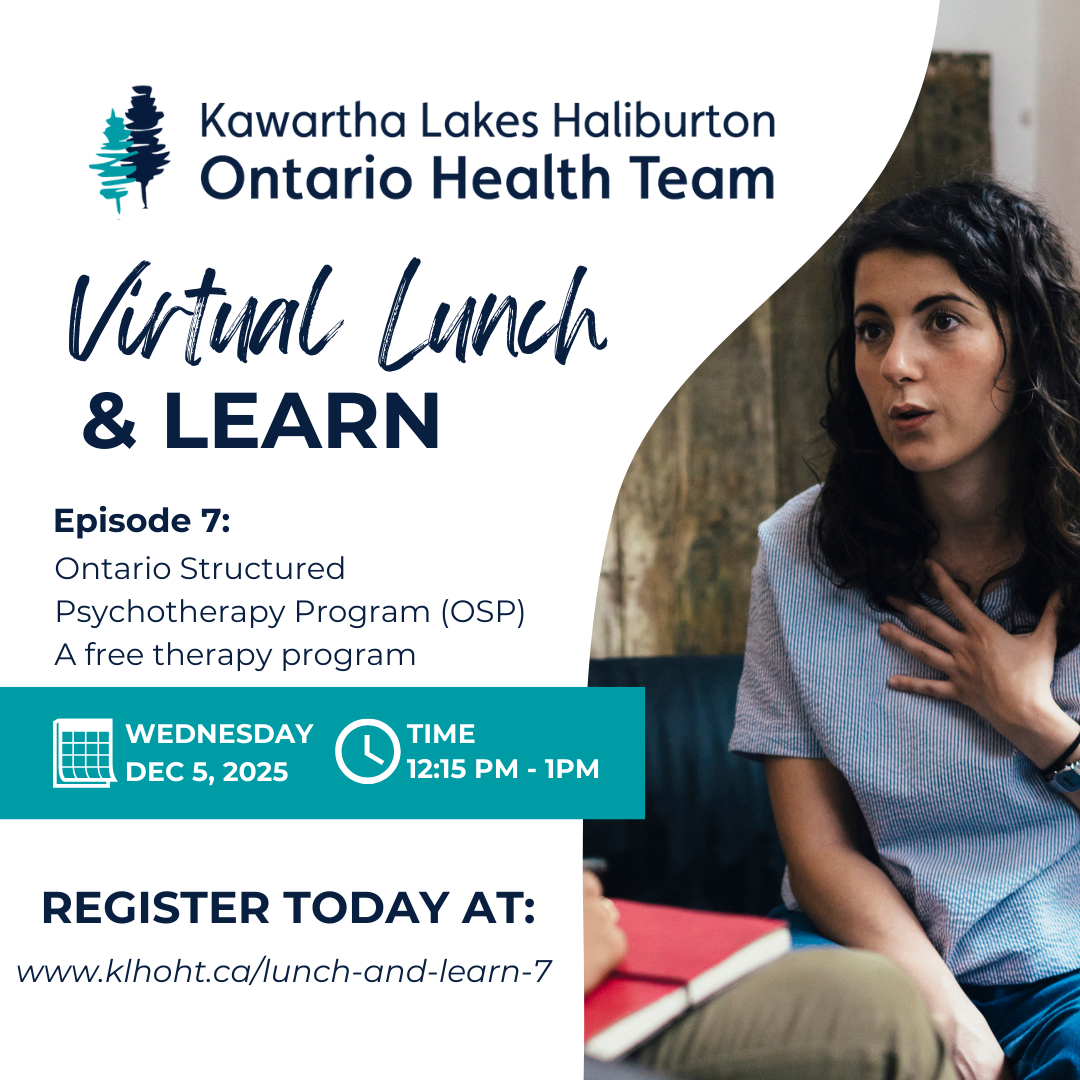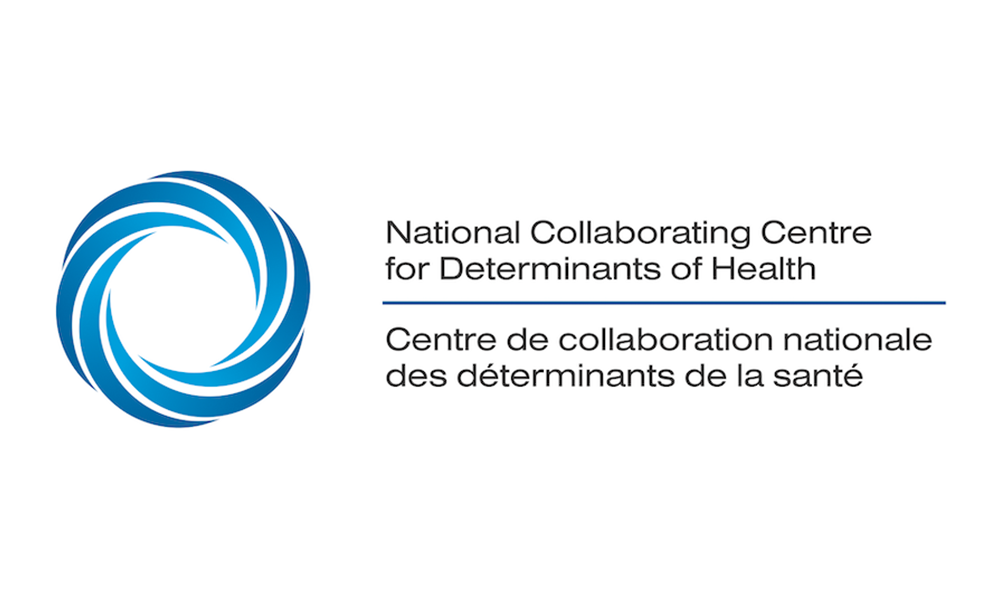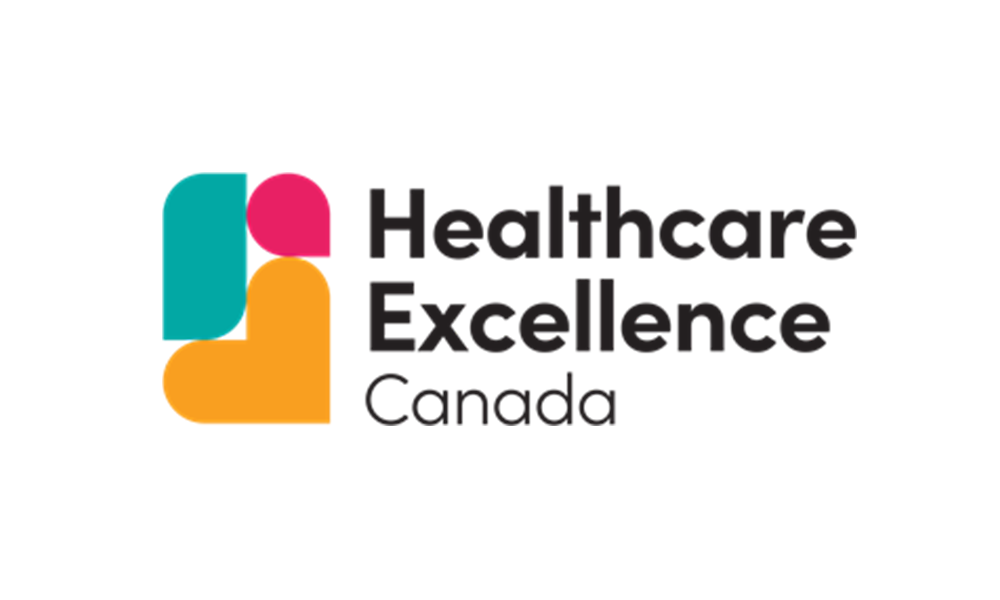Member Spotlight: Community Care City of Kawartha Lakes
What does it mean for CCCKL to be part of KL-OHT?
In 2019, Community Care City of Kawartha Lakes was proud to partner with the Ross Memorial Hospital to co-lead the start-up of the Kawartha Lakes OHT. We were inspired by the vision of a health care system that does a MUCH better job of connecting people to the care they need to both stay well and to recover from illness when it strikes. I know that individuals and their loved ones struggle to find the care they need when they need it.
In the 1980s and 1990s I was a Home Care Visiting Nurse. That often meant finding my way to homes in areas I was not familiar with. In those days there was no such thing as a GPS or “Navigation System.” Fast forward to today and those navigation systems are standard equipment in most new cars. But how does one navigate the health care system? The other day an individual shared his memories with me about when his mother-in-law experienced a stroke. He and the family didn’t know what to do. How did they take care of their mother-in-law now? What did they need to learn? Who could help them? They were bewildered and anxious. The individual was referred to CCCKL for home support and still recalls how relieved he was to find help. While I am grateful that CCCKL was there for this family, this situation should not happen. Instead, information and support should be available to individuals and families at the point of connection with the healthcare system—and even before that point of connection. The mandate and vision of the KL-OHT is to redesign the healthcare system so that individuals and families don’t have to worry and wonder how to meet their healthcare needs – from staying well to getting treatment.
CCCKL was founded by Valmay Barkey in 1985 with the central purpose of filling the gaps in the healthcare system and supporting individuals to live and thrive independently at home. For CCCKL, being a part of the KL-OHT means the opportunity to work with all of the KL-OHT partners at a system level to take the mystery out of navigating the healthcare system and ensure everyone has the directions they need for their healthcare journey.
What is CCCKL currently working on to improve the patient experience in our community?
A great question! I will start by explaining that while the term “patient” is often used in hospitals and treatment settings, at CCCKL we use the term “client” to convey our appreciation that individuals have a choice about where they access services and it is our privilege to serve them. Clients are at the heart of all we do at CCCKL, and that is why we use the “heart” as our logo.
Community Care heart icon
There are many initiatives underway at CCCKL that aim to improve client experience. Firstly, we continue to meet regularly with our Client Advisory Council. Comprised of six residents of the City of Kawartha Lakes, Council members give CCCKL their advice and guidance on decisions about matters such as a new decal for our specialized transit vans, our Home Safety Risk Assessment and our Client Bill of Rights and Responsibilities. They also share their perspectives as clients who use some of our programs, helping us to provide the best service possible. Our Client Advisory members also give us input on the design and distribution of our Client Experience Surveys. Eliciting feedback from those who use our services is vital and we need to ask questions that touch on aspects of care that are relevant to our clients. I join with all of the management team in valuing and appreciating the input of our Client Advisory Councillors.
CCCKL is also excited to be implementing a new client database management system called AlayaCare. This new system will allow us to better serve our clients because information will be kept in a central place, accessible to all authorized staff members. This means that clients who are already using one community support service (e.g. transportation); and decide to use another service (e.g. Meals on Wheels) do not need to go through the intake process all over again—their information will already be in the system. We expect to “go live” with AlayaCare in September and are looking forward to a better experience for our clients.
CCCKL always welcomes feedback and suggestions from our clients, their caregivers and family members. I invite all to be in touch with any of our management team. You can reach me at 705-324-7323 ext. 482.
Thank you and wishing you a wonderful summer ahead!
-Barb Mildon
Our Member Spotlight series introduces the member organizations that have partnered with the Kawartha Lakes Ontario Health team to improve the local healthcare system for our community. First up we hear from Community Care City of Kawartha Lakes CEO Barb Mildon about how their priorities align with the KL-OHT vision of providing a seamless health system for the people we serve.
More information on how to request access to the Remote Patient Monitoring program will be made available shortly.
Share this Post
More News

